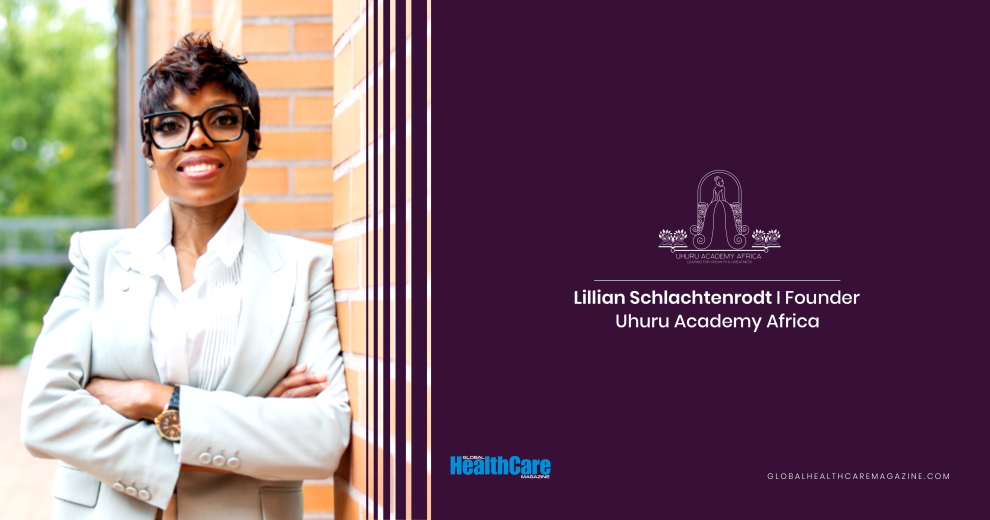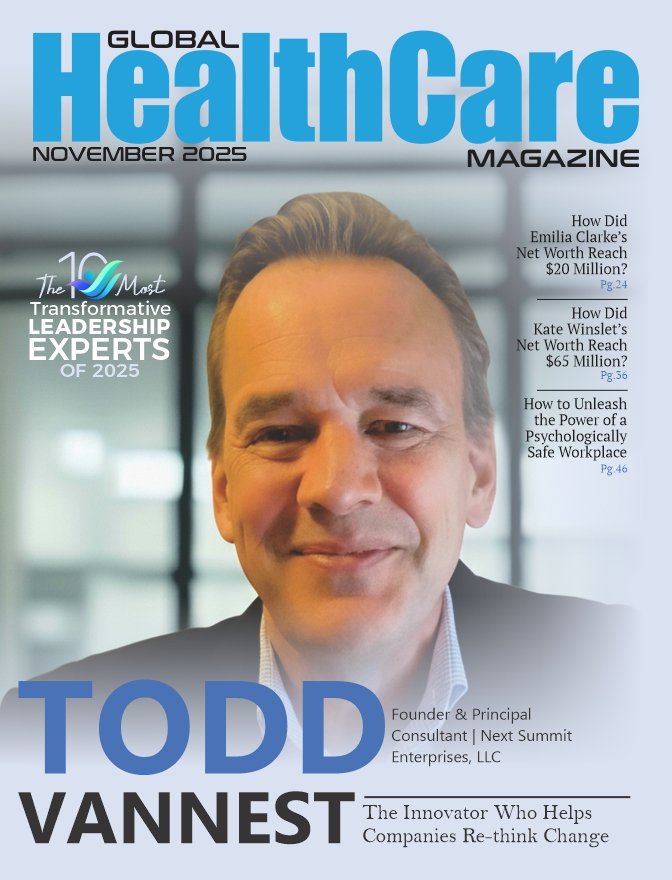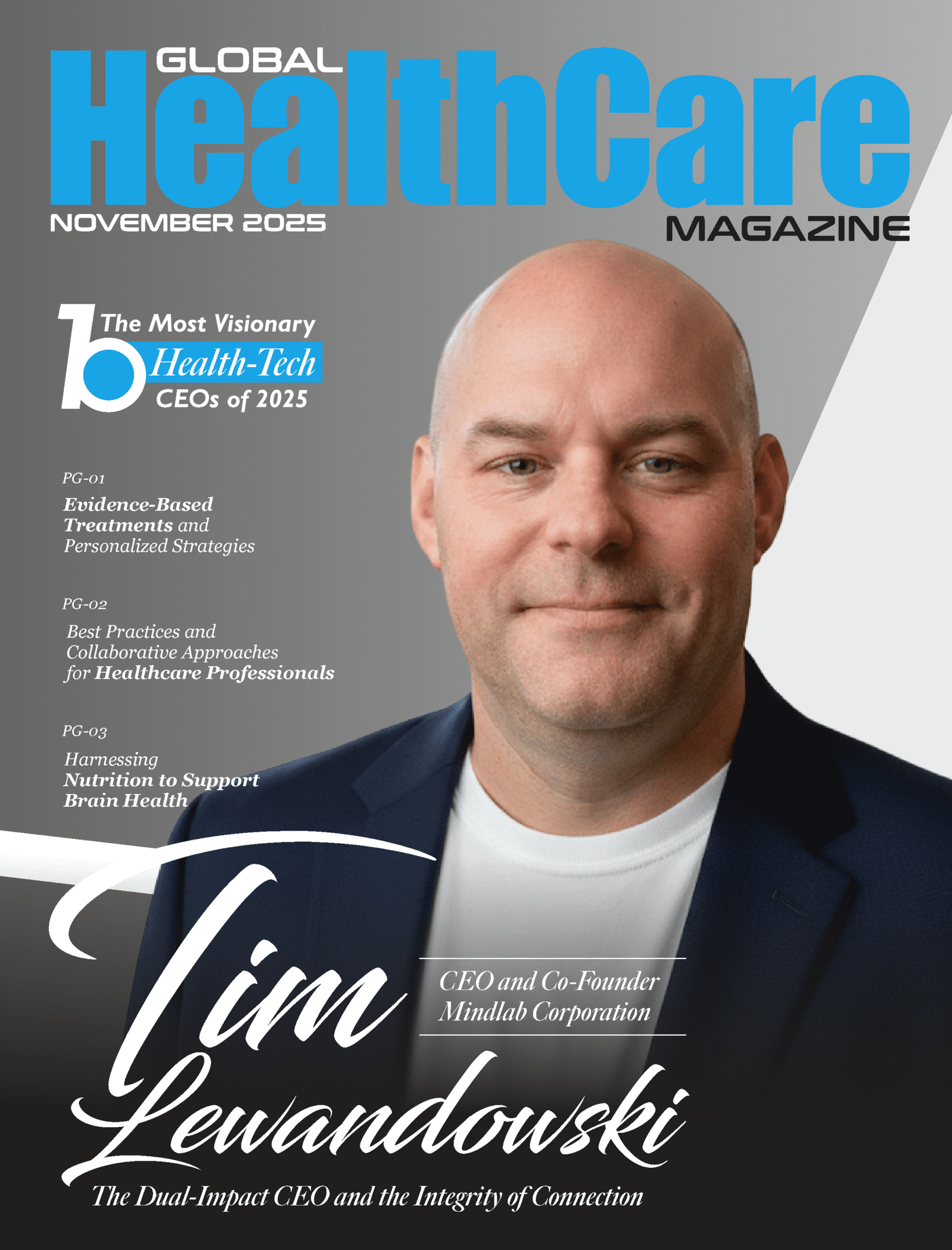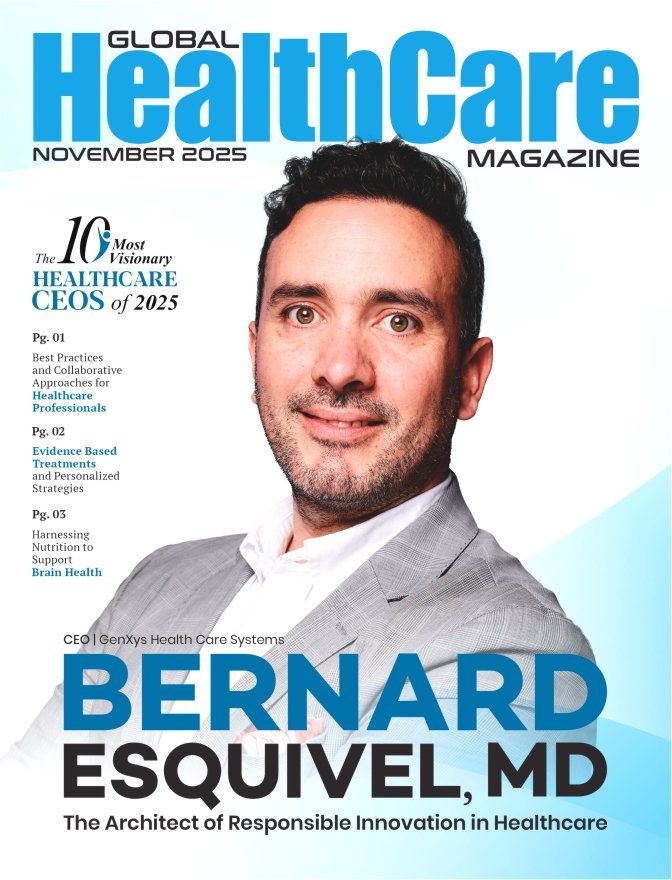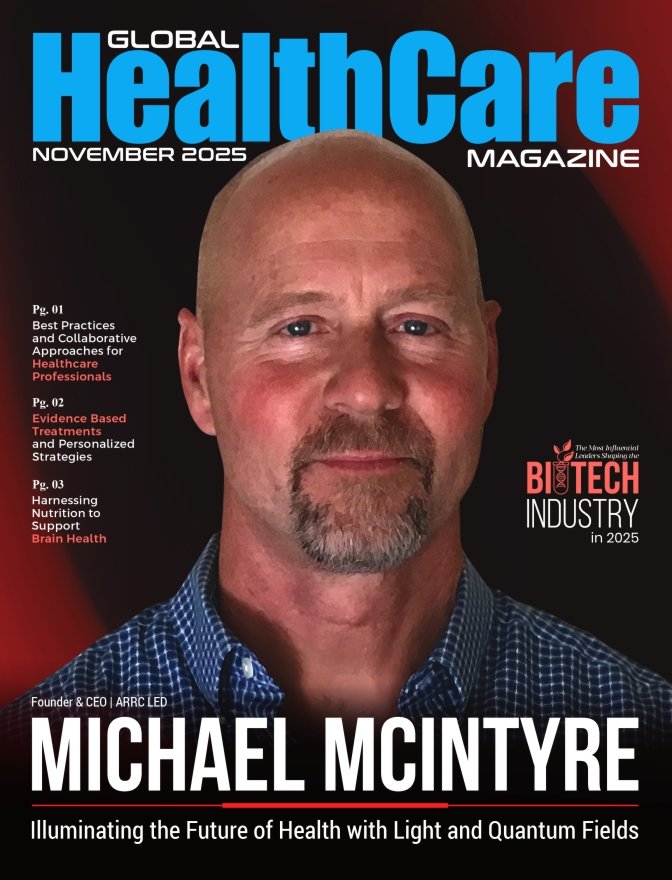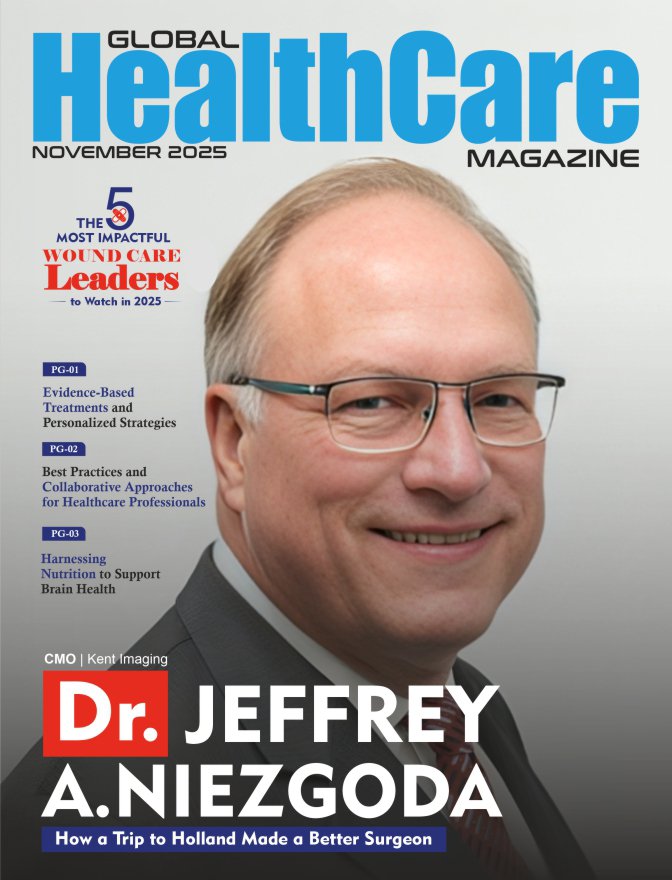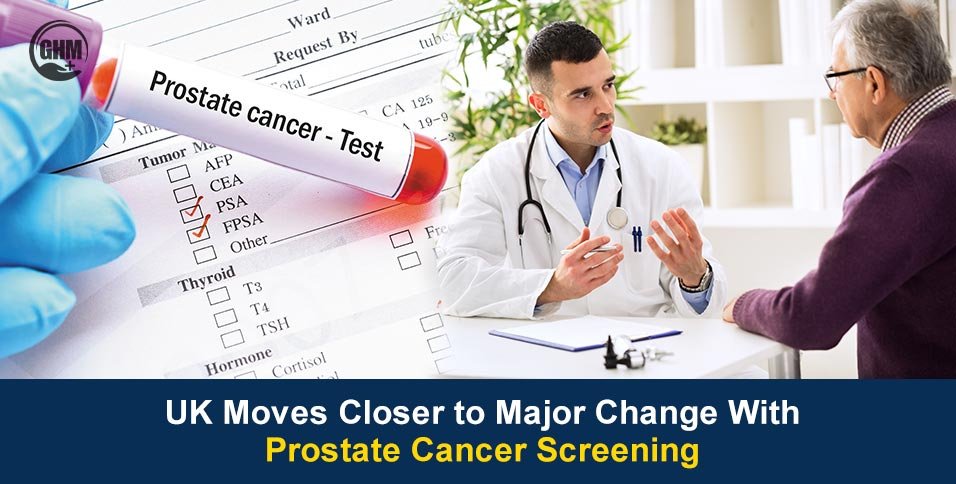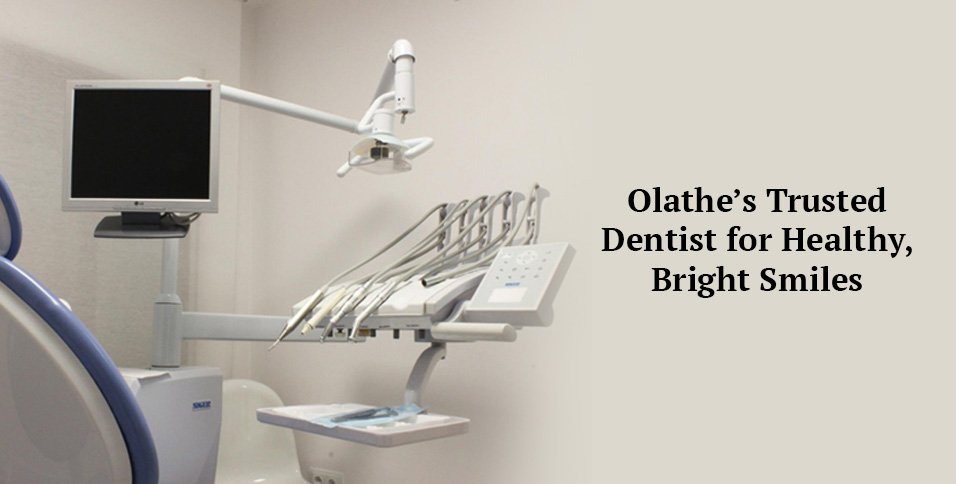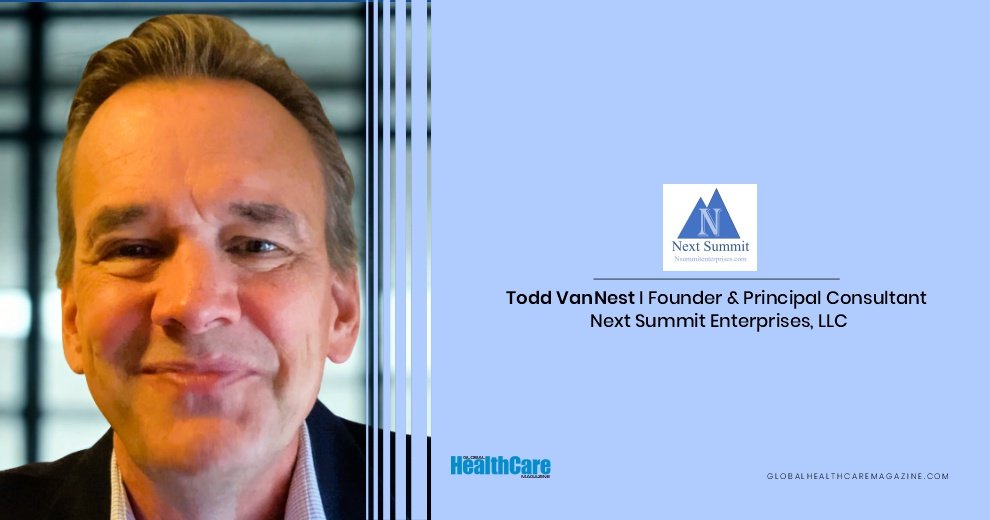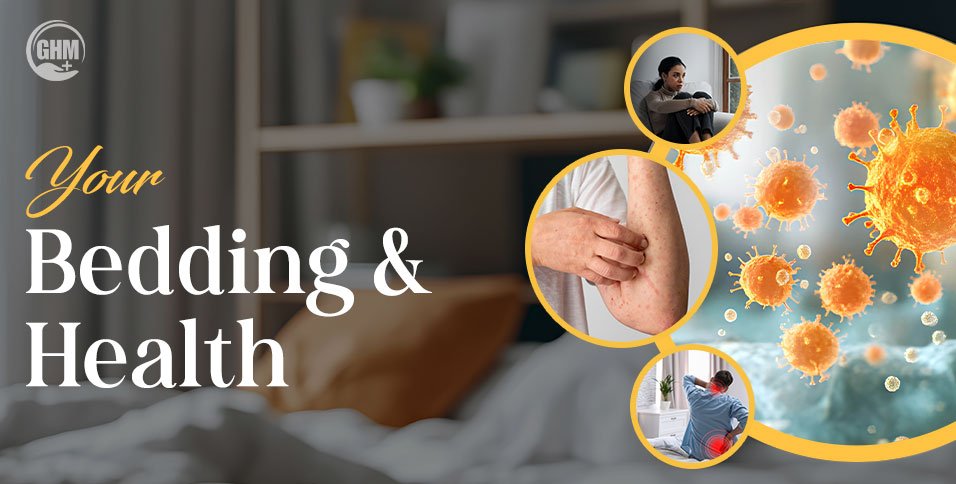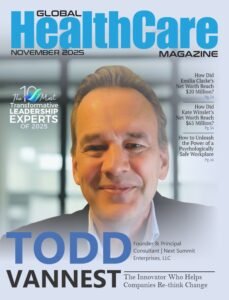The word is “Uhuru.” It is a Swahili term that means freedom, a concept that feels both ancient and deeply urgent. In a classroom in Southern Africa, a young student is learning the precise German translation for “intravenous drip.” The two ideas, freedom and a specific medical phrase in a foreign tongue, might seem worlds apart. But in the universe that Lillian Schlachtenrodt has built, they are one and the same. For the talented students of her Uhuru Academy Africa, mastering that phrase is not just an academic exercise. It is a key, a passport, a tangible step toward a future of professional dignity and economic liberation.
Today, from her base in Germany, Lillian is the founder of a diverse Uhuru Business Concept, a series of interconnected initiatives that are as audacious as they are practical. She has built a bridge, both literal and metaphorical, between the abundant talent in several African nations and the critical healthcare worker shortage in Germany. Through Uhuru Academy Africa, Uhuru Medical & Language Training College, Uhuru Medica and Uhuru Workforce Placements, she has created a unique, integrated pathway that combines German language proficiency with specialized healthcare training, creating ethical migration pipelines that benefit both the sending and receiving countries. She is a visionary who saw two distinct global problems and realized they were, in fact, each other’s solution.
The Seeds of Uhuru
Lillian’s passion is not theoretical; it was forged in the soil of personal experience. Growing up in a historically disadvantaged community, she witnessed firsthand the stark line that separates potential from opportunity. She saw how a lack of resources could dim the brightest of futures. This understanding was sharpened during her time volunteering at several NGOs focused on community development in South Africa. There, the gap became undeniable. She met countless individuals with a clear aptitude and a deep desire for careers in healthcare, yet they were held back, lacking the specific training and pathways needed to access a world of possibility that lay just beyond their reach.
The founding of Lillian’s diverse Uhuru business concept was a direct and determined response to this challenge. The mission evolved organically, piece by piece, as she identified the interconnected needs of the communities she aimed to serve. The name itself became the guiding principle. “Uhuru,” freedom, meant that education was the ultimate tool of liberation, a force to open minds and unlock doors that had long been closed. This led to a belief in healthcare access as a fundamental human right, and the understanding that training skilled workers was the most sustainable way to create careers and address critical shortages. Finally, a global perspective was the key. Language skills, Lillian realized, were the catalyst that could transform local talent into global citizens.
The German Connection
The integration of German language training with healthcare education was the result of meticulous market research. The data painted a clear picture. The world is facing a critical shortage of 15 million healthcare workers by the year 2030. Germany, one of Europe’s strongest economies, is at the epicenter of this crisis, with a projected shortage of 500,000 healthcare professionals by 2030 and over 200,000 unfilled positions in nursing and specialized care right now.
Lillian saw the opportunity with perfect clarity. While others worried about “brain drain,” she envisioned a system of ethical migration, one that could create immense benefits for both the sending and receiving countries. By teaching medical German alongside general language skills, and by embedding cultural competence into the curriculum, her academy created a powerful and direct pathway to meaningful employment. The model is designed for success, offering progressive, stackable credentials that allow students to begin working while continuing their education toward advanced qualifications. It is a system that not only fills a critical need in the German healthcare system but also creates a flow of economic support back home through annual remittances that support families and build communities.
Building Community before Buildings
A vision of this scale cannot be built alone. A core tenet of Lillian’s leadership philosophy is to “build community before buildings.” She understood that the strength of her network would be the foundation of her success. This has led to a powerful constellation of collaborations that have amplified her mission and enabled her to scale from an initial cohort of 50 students to over 600 annually.
Her key stakeholders are a diverse group united by a common goal. She has forged direct placement partnerships with German Health Care Entities and works in close alignment with both African education ministries and German employment authorities. Lillian has established academic exchange programs with German nursing schools to ensure curriculum alignment. These partnerships have been bolstered by crucial support from international development agencies and private foundations focused on workforce development.
More specifically, Lillian has formed strategic alliances with City University and MedPro College of Health Sciences in Zambia, and a network of expert partners in Germany, including Schöner Leben Herrlich Outpatient Care, Lars Dahlhoff and Anke Schneider, and the Dreizett Plus Gabriele Landolfo Nursing Training College. These authentic relationships, built on trust and a shared vision, are the pillars that support the entire Uhuru ecosystem.
The Measure of Freedom
For Lillian, success is not measured in profit margins alone, but in the tangible impact on human lives. Her team tracks a range of metrics that tell a story of profound transformation. They measure the number of graduates who successfully complete the integrated program, the high employment rate of those graduates, and the significant economic impact of their work abroad. They also track female participation, a key indicator of their commitment to promoting gender equity and fostering female leadership in healthcare.
But the journey has not been without its challenges. Lillian faced initial skepticism from those who could not see the viability of her innovative concept. As a foreign businesswoman, she has had to navigate systemic discrimination and bureaucracy. Building a steady team and securing partnerships in the early days required immense perseverance. Yet, these hurdles have only strengthened her resolve.
Her proudest accomplishments speak to the depth of her commitment. She points to the development of Uhuru’s proprietary, healthcare-specific professional language curriculum, a tool designed from the ground up to ensure student success. And she speaks with immense pride about the establishment of a scholarship fund, a dedicated resource for promising students from the most historically underserved regions, creating a pathway for them to one day return and contribute to the improvement of their own home healthcare systems.
The Next Horizon
Lillian is a leader who is always looking toward the future. The next phase for Uhuru’s initiatives is one of ambitious expansion and innovation. The Uhuru Academy Africa is scaling its e-learning German language academy, following the rigorous Goethe Institute Standard Curriculum from A1 to C2. The Uhuru Medical & Language Training College is launching a three year nursing diploma aligned with German apprenticeship standards.
In a move set to revolutionize access to certification, she is pioneering Zambia’s first Goethe Institute Exam Centre with mobile capabilities, using DRM technology to provide zero data cost digital learning. The vision extends beyond Germany, with plans to diversify opportunities by establishing Health Education Faculties in both Africa and Europe. She is also developing advanced specialization tracks in high demand fields like geriatric care, mental health, surgery, and digital health technologies. Perhaps most exciting is the upcoming Healthcare Leadership Academy, a program specifically designed to prepare more women for management and policy roles, creating a new generation of leaders who can shape the future of healthcare both locally and globally.
A Life of Integration
When asked about work-life balance, Lillian speaks instead of meaningful integration. Her professional mission and her personal wellbeing are not competing forces, but are woven together. She maintains this harmony through deliberate practices. Each month, she participates in interactive art sessions with guests at dementia day care centers, a practice that serves the therapeutic needs of the elderly while also nurturing her own artistic flair.
She includes her children in her work, to help them understand the value of community and purpose. She carves out deliberate time to disconnect, to reconnect with friends and family, and to engage in the rituals of self-care. She is a continuous learner, always adapting and challenging herself to grow.
Lillian’s final message to aspiring leaders, particularly women in healthcare education, is a distillation of the lessons from her own remarkable journey. “Find your unique intersection,” she advises. “Identify where your distinct skills and perspectives meet unaddressed needs.” She urges them to build strong relationships and to measure success in the currency of meaningful impact. “The detours and challenges,” she reflects, “are often where the most valuable insights emerge.” It is a philosophy born from a life spent navigating complex systems, building bridges, and always remembering that the ultimate goal is to create systems of freedom that will serve communities for generations to come.
Quotes
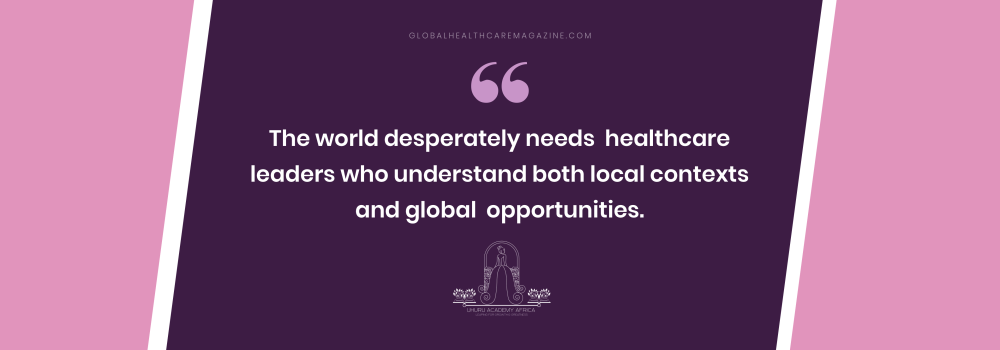
Also Read: Pioneers in Healthcare Education: Unstoppable Female Leaders to Watch in 2025

